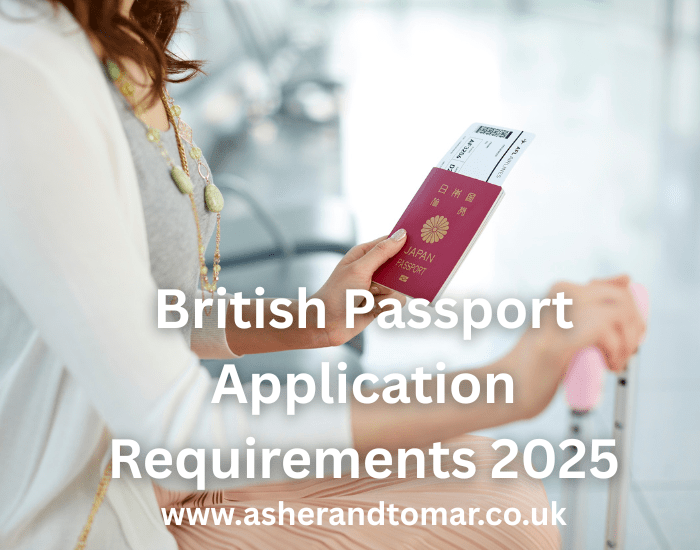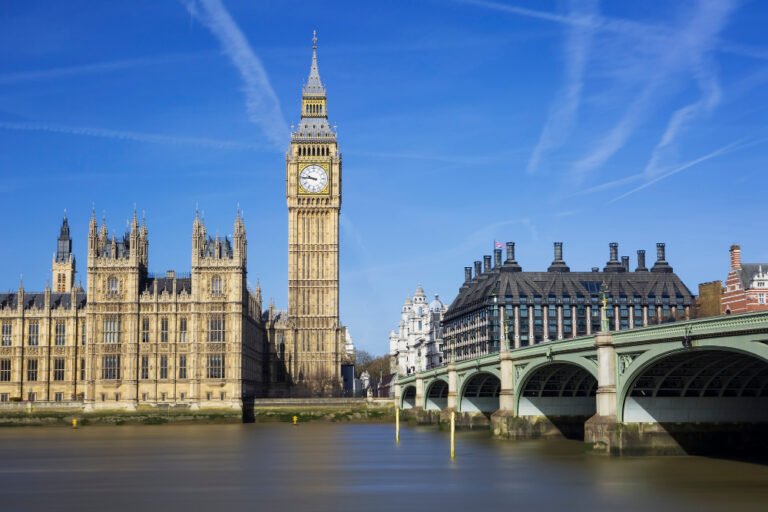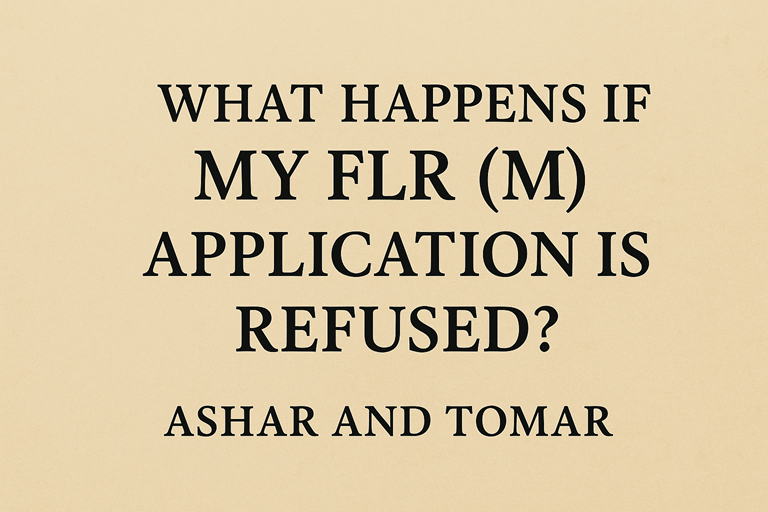The UK government has stringent immigration rules designed to regulate who can enter the country, the conditions of their stay, and the steps required for settlement or citizenship. These immigration laws encompass various visa categories such as work visas, study visas, family visas, and more. This article offers an in-depth look into the rules governing these visas, highlighting key changes and compliance factors for applicants.
The latest immigration policies have significant implications for migrants, businesses, and educational institutions. For a successful application, understanding the latest rules can make a significant difference.
Key UK Immigration Rules and Visa Categories
The UK immigration system is points-based, meaning that visa applicants must meet specific criteria to qualify. The immigration rules cover different categories, which are summarized below:
1. UK Work Visas
Work visas are crucial for individuals looking to gain employment in the UK. These visas are divided into several categories, each with unique requirements.
- Skilled Worker Visa: For individuals with a job offer from a UK employer who holds a sponsor licence. Applicants must meet a salary threshold and have a confirmed role on the eligible occupation list.
- Global Talent Visa: For highly skilled individuals in fields such as science, engineering, humanities, and arts. The applicant must be endorsed by a recognized UK body in their field.
- Intra-company Transfer Visa: For employees of multinational companies transferring to a UK branch. This visa category has specific conditions on salary and duration of stay.
2. UK Student Visas
Education remains one of the main reasons people move to the UK. Student visas are crucial for non-EU nationals seeking to study in the UK.
- Student Visa (Tier 4): For individuals enrolling in long-term courses at recognized UK institutions. Applicants must demonstrate sufficient funds, a confirmed offer from a licensed sponsor, and meet English language proficiency requirements.
- Short-Term Study Visa: For short courses of study, typically up to six months. This visa is often sought for language programs or shorter educational programs.
3. UK Family Visas
Family visas allow relatives of UK citizens or settled individuals to join them in the UK. These visas are often applied for by spouses, children, and elderly dependent relatives.
- Spouse Visa: For individuals who are married to or in a civil partnership with a UK citizen or settled person. Applicants must prove a genuine relationship and meet financial requirements.
- Parent Visa: For parents of a UK citizen or settled person, usually for those who are the primary carer of a UK child.
- Adult Dependent Relative Visa: For elderly relatives of UK citizens or settled individuals who require long-term care.
4. UK Visitor Visas
Visitor visas are for those coming to the UK for a short period, typically for tourism, visiting family, or business purposes.
- Standard Visitor Visa: For tourists, business visitors, and those visiting family. This visa allows stays of up to six months, with restrictions on employment and studies.
- Business Visitor Visa: For individuals attending conferences, meetings, or other business-related activities. The visa typically lasts up to six months.
Long-Term Immigration Rules and Path to Settlement
The UK immigration rules provide several pathways for individuals who wish to remain in the UK long-term, whether for work, study, or family reunification. Some visas can lead to Indefinite Leave to Remain (ILR), allowing individuals to stay without time restrictions.
1. Indefinite Leave to Remain (ILR)
Indefinite Leave to Remain is a key step for individuals looking to settle in the UK. ILR is typically granted after a qualifying period of lawful residence in the UK, usually 5 years for most visa categories. Applicants must pass a “Life in the UK” test and meet English language proficiency standards.
2. British Citizenship
After obtaining ILR, individuals may apply for British citizenship. Citizenship grants the right to live and work permanently in the UK and vote in UK elections. To qualify, applicants must have lived in the UK for a certain period and demonstrate good character.
UK Immigration Rule Changes: Post-Brexit Landscape
Since the UK’s departure from the European Union, the immigration rules have undergone significant changes. The end of free movement for EU nationals means that EU citizens now require visas to work or study in the UK, similar to non-EU nationals.
- Points-Based System: Both EU and non-EU citizens are now subject to the UK’s points-based immigration system, which prioritizes skills, qualifications, and job offers over nationality.
- EU Settlement Scheme: EU nationals who were already living in the UK before Brexit can apply under the EU Settlement Scheme for either settled or pre-settled status.
Long Tail Keywords to Consider
- UK visa immigration rules 2024
- UK immigration rules for work visas
- UK family visa requirements
- UK student visa regulations
- Applying for indefinite leave to remain UK
- British citizenship requirements 2024
- UK visa points-based system explained
- Post-Brexit UK immigration policies
- UK visa application guide 2024
Common UK Visa Immigration Challenges
Visa applicants often encounter difficulties during the process, ranging from administrative delays to visa rejections. Below are common challenges:
- Visa Rejection: Common reasons for visa rejections include insufficient funds, incomplete documentation, failure to meet the English language requirement, or not passing the “genuine relationship” test for family visas.
- Processing Delays: Visa processing times vary by category, and applicants should plan accordingly to avoid missed deadlines.
- Sponsor Licence Issues: Employers must hold a valid sponsor licence to hire foreign workers. Without this, skilled workers cannot apply for visas.
For expert guidance on overcoming these challenges, asherandtomar.co.uk offers detailed consultations and application support.
Conclusion
Understanding UK visa immigration rules is crucial for anyone looking to visit, work, study, or settle in the UK. The points-based system, family visa requirements, and settlement options are all essential components of the immigration framework. Whether applying for a work visa, student visa, or seeking British citizenship, thorough knowledge of the latest regulations will significantly enhance your chances of success.








